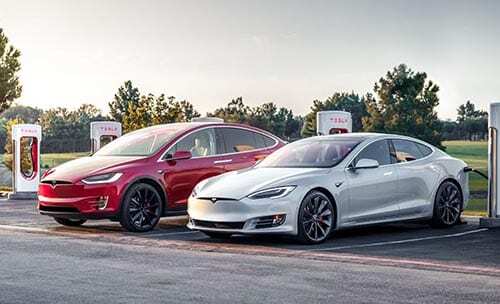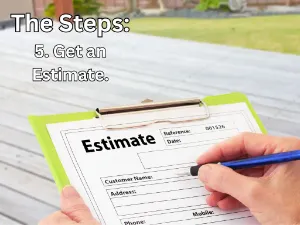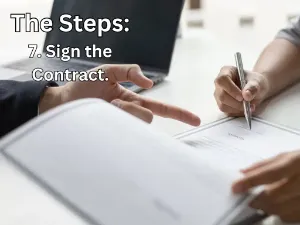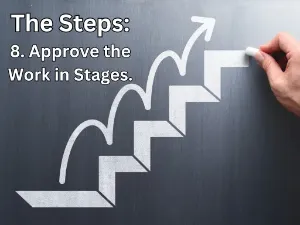
In January, 2020, a fellow who “short sells” Tesla stock filed a complaint with the National Highway Transportation Read More...











 In January, 2020, a fellow who "short sells" Tesla stock filed a complaint with the National Highway Transportation Safety Administration that Tesla cars suffer from sudden unintended acceleration. His complaint included over 120 declarations of such supposed incidents.
You might think this fellow was attempting to protect the public from dangerous vehicles were it not for the fact that he's got a big conflict of interest problem. Short selling stock is a Wall Street strategy wherein a person makes money when the price of a certain stock goes down. And so he files an action with the NHTSA, which gets a lot of publicity. And with any luck, the stock value declines and the short seller pockets a lot of cash.
Clearly, complaints about any carmaker to the NHTSA, if well publicized, can affect stock prices and the carmaker's reputation. So what is the appropriate response?
Inc. Magazine, in reporting this situation, wrote:
In January, 2020, a fellow who "short sells" Tesla stock filed a complaint with the National Highway Transportation Safety Administration that Tesla cars suffer from sudden unintended acceleration. His complaint included over 120 declarations of such supposed incidents.
You might think this fellow was attempting to protect the public from dangerous vehicles were it not for the fact that he's got a big conflict of interest problem. Short selling stock is a Wall Street strategy wherein a person makes money when the price of a certain stock goes down. And so he files an action with the NHTSA, which gets a lot of publicity. And with any luck, the stock value declines and the short seller pockets a lot of cash.
Clearly, complaints about any carmaker to the NHTSA, if well publicized, can affect stock prices and the carmaker's reputation. So what is the appropriate response?
Inc. Magazine, in reporting this situation, wrote:
Tesla's response, in this case, is an interesting lesson in managing a crisis. Arguably, how you respond when you face attack, is not only important, but it is a telling indicator of what a company values, and how it sees both its competition and its customers.
All carmakers get reports of sudden unintended acceleration, and in nearly all cases the problem turns out to be: The driver pressed the wrong pedal. Investigations can take years and be costly for manufactures. However, Tesla has a big advantage over other manufacturers. Each car logs the details of vehicle performance and driver inputs. Teslas are Internet-connected and Tesla corporate can access those logs remotely. This was Tesla's response:This petition is completely false and was brought by a Tesla short-seller. We investigate every single incident where the driver alleges to us that their vehicle accelerated contrary to their input, and in every case where we had the vehicle's data, we confirmed that the car operated as designed. In other words, the car accelerates if, and only if, the driver told it to do so, and it slows or stops when the driver applies the brake.
While accidents caused by a mistaken press of the accelerator pedal have been alleged for nearly every make/model of vehicle on the road, the accelerator pedals in Model S, X and 3 vehicles have two independent position sensors, and if there is any error, the system defaults to cut off motor torque. Likewise, applying the brake pedal simultaneously with the accelerator pedal will override the accelerator pedal input and cut off motor torque, and regardless of the torque, sustained braking will stop the car. Unique to Tesla, we also use the Autopilot sensor suite to help distinguish potential pedal misapplications and cut torque to mitigate or prevent accidents when we’re confident the driver’s input was unintentional. Each system is independent and records data, so we can examine exactly what happened.
We are transparent with NHTSA, and routinely review customer complaints of unintended acceleration with them. Over the past several years, we discussed with NHTSA the majority of the complaints alleged in the petition. In every case we reviewed with them, the data proved the vehicle functioned properly.
That is effective crisis management! Be honest and be quick about your response. That way you disable the attack and you don't damage your company's reputation. Kudos to Tesla's communications and public relations staff. For effective public relations and crisis management, I can recommend Mike Branom, who is on my writing staff. Tell Mike about your situation and he will ride to your rescue. All you have to do to reach Mike Branom is email, text or call Michael at Ghostwriters Central.